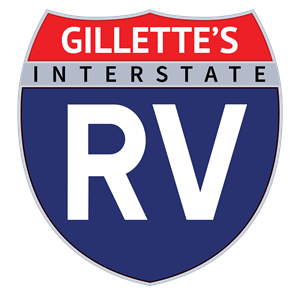Towing Guides
- Safe Towing: Towing guides provide essential information to help you tow safely and avoid common mishaps.
- Maximize Efficiency: Understanding the towing capacity of your vehicle ensures that you're not overloading your setup, maximizing fuel efficiency and safety.
- Vehicle Longevity: Proper towing helps prevent strain on your vehicle’s engine and transmission, contributing to its longevity.
- Expert Insights: Get advice from towing professionals, ensuring that every trip is smooth and trouble-free.
- Do RVs need to stop at weigh stations? It depends on the state. While many states require commercial vehicles to stop, RVs are generally exempt. Always check local laws for each state.
- What are weigh stations for? Weigh stations are primarily used for checking the weight of commercial vehicles to ensure they do not exceed legal limits. They help prevent road damage and ensure safe driving conditions.
- How can I determine if my RV needs to stop at a weigh station? Most states provide guidelines on whether non-commercial RVs need to stop. If you are uncertain, it’s best to stop or look for signs indicating exemptions.
- What happens if I skip a weigh station? Skipping a required stop could result in fines or penalties. Always verify your vehicle's classification to avoid legal issues.
- Are there specific states where RVs must stop? Yes, a few states such as California and Arizona have more specific requirements for RVs. Check each state’s guidelines before your trip to ensure compliance.
